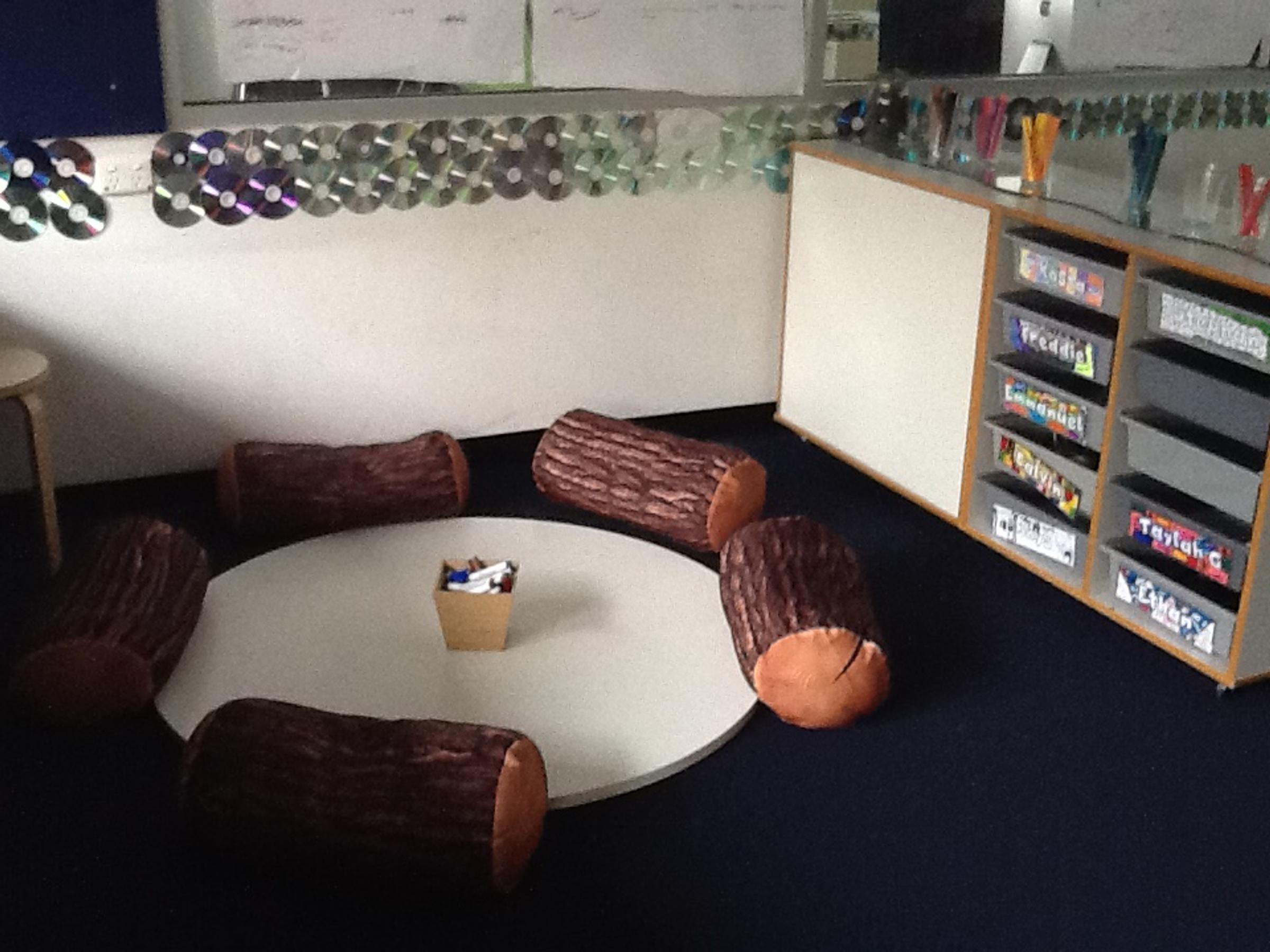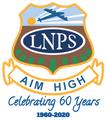Stories, cultures, language; How can we make sure they are not forgotten?

Learning Across Torrens
During Term 3, Torrens students will be inquiring into the question Stories, cultures, language; How can we make sure they are not forgotten?
Students will build an understanding of culture and the importance of keeping stories, culture and language alive. They will investigate indigenous individuals, events and aspects of the past that have significance in the present and some of the cultural traditions that indigenous Australians practice.
Integrated through all areas of the curriculum, our inquiry will explicitly teach and allow students to develop:
Reading Comprehension Strategies:
Making connections between text, self and world
Comparing and contrasting
Using context clues to determine word meaning
Making inferences and drawing conclusions
Being able to summarise
Questioning and debating skills:
Students will learn to listen to others’ views and respond appropriately using interaction skills.
Understanding the difference between statements and questions
Distinguishing between open and closed questions and why you use them
- Developing and refining questions to help seek and gather information
- Linking the information we gather to the questions we develop
- How different types of questions can change the way we think and the information we gather
Punctuation - capital letters, full stops, question marks
An understanding of information reports:
Students will explore quality information reports of significant people to identify essential language features, images and structure. They will investigate how content can be organised using different text structures depending on the purpose of the text. They will create information reports about significant people.
Language:
Students will build their understanding about the way languages have different written and visual communication systems, different oral traditions and different ways of constructing meaning. This will be focussed around our investigations into how stories are passed on from generation to generation through oral language, written histories, dance, song and art works.
Spelling:
Students will continue exploring the patterns, generalisations and history of words in targeted Word Study workshops. A focus will be on transferring spelling generalisations into written work.
Timelines and number:
Students will explore, create and compare timelines as they sequence information in chronological order.
Graphing and data displays:
They will describe different methods for data collection and representation, and evaluate their effectiveness. Collecting and interpreting data from a range of sources.
Mapping and locations:
Key features and understanding of a map
Understanding of why maps are used
Spacial awareness
Creating and interpreting maps
Using simple scales, legends and directions
History:
The focus will be exploring the key concepts of empathy, significance and perspectives. Students will explore culture, stories and language. They will develop questions about the past and locate, collect and sort information from different sources to answer these questions.
The Arts:
Through their inquiry into how culture is shared and remembered, students will explore dance, visual art and multimedia with a focus on how these art forms are used to tell a story.
